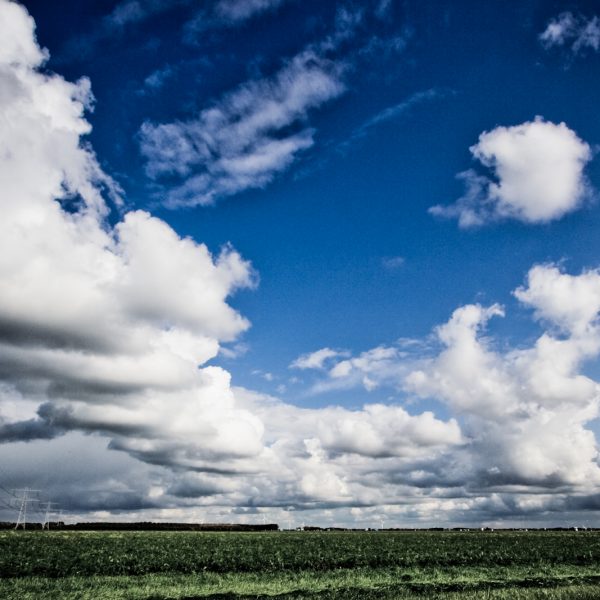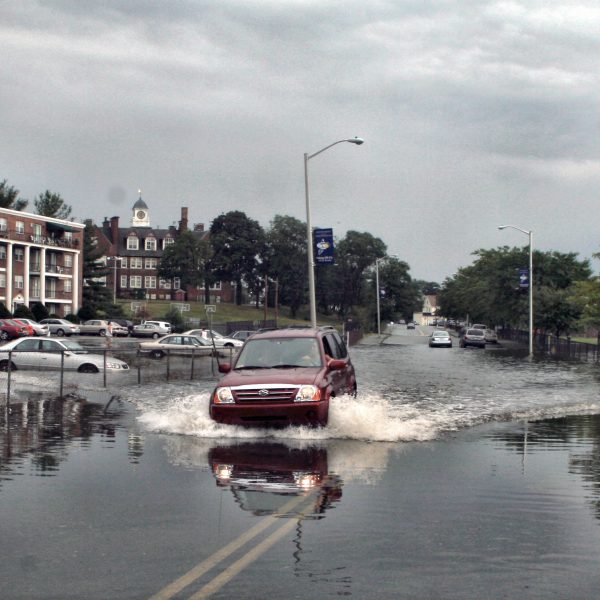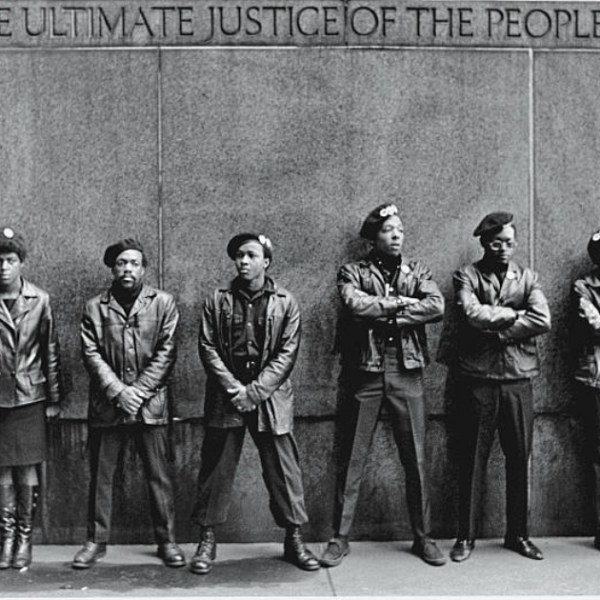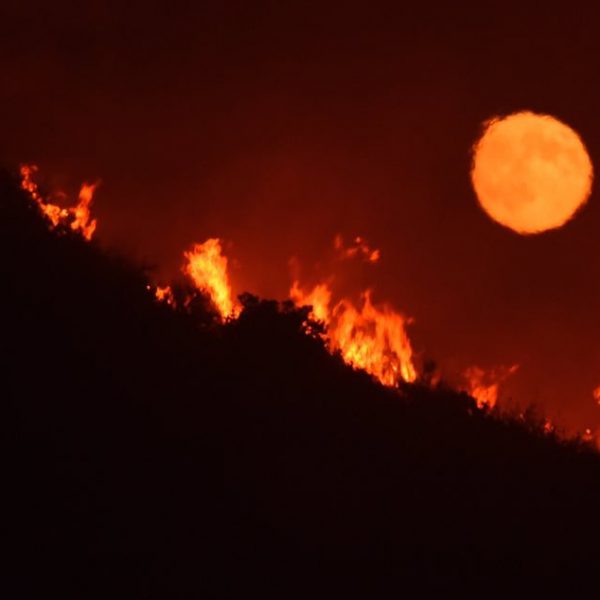
The Mentoring Initiative aims to bring together students and scholars engaged in different research methods but who are addressing a shared set of questions. Our hope is that the Political Theology Network Mentoring Initiative might even create a space where new research questions and methods will emerge.

Political theology’s prospects for contributing helpfully to movements of resistance to sexual violence depends on the willingness and ability those who contribute to political theology as a discourse to discern and prioritize the kinds of questions that are deemed most urgent by sexual violence survivors themselves and those who have devoted their work to ethically addressing this harm.

Like Simon and Veronica, those in the pews and those in the academy are called to accompany those who are abused by sharing in their pain so that survivors no longer bear this cross alone.

Political theology, insofar as it can articulate an analysis of and resistance to rape culture, offers many resources for confronting sexual violence.

There is, I suggest, a kind of political theology at work in this practice of simply paying attention to (and being provoked by) the transcendence that is Gaia. It generates a form of intellectual habitation that remains attuned to the strange shapes drawn in the clouds by some form of transcendence.

What is it that we are supposed to hope for?

We have a call to responsibility regardless of whether you love or respect or agree with or feel in any way comfortable with your neighbor. It is the call to protect your neighbor even if you hate her.

How can community be grounded, if neither in force nor in love? To find out, we must reckon with Arendt’s reading of Augustine, for whom love and force were intimately intertwined.


